1 / 2
Feature
2014 Season Preview - Part 3
Sauber
Car: C33
Power unit: Ferrari
Drivers: 99 Adrian Sutil, 21 Esteban Gutierrez
Testing: 4039 km (Gutierrez 2122, Sutil 1917)
Sauber’s C33 is a neat and functional car, but the team had a steep learning curve in Jerez, where Adrian Sutil in particular had a tough time with the inconsistent behaviour of the new fly-by-wire rear braking system, designed to offset the effects of a more aggressive brake energy harvesting ERS. The German was pitched off the road several times as he got caught out under heavy braking. And in Bahrain a structural chassis problem caused a further loss of running time.
Both Sutil and Esteban Gutierrez shared the car on the final day in Bahrain, amassing 91 and 86 laps respectively, but though they completed the intended programme Sutil was disappointed that a major new aero package made little difference to outright speed.
Sauber demonstrated after a poor start to 2013 that it can still get the job done as late-season performances mirrored those from 2012, but the C33 is still hard to drive and there are issues that need to be redressed before that can happen in 2014.
Toro Rosso
Car: STR9
Power unit: Renault
Drivers: 25 Jean-Eric Vergne, 26 Daniel Kyvat
Testing: 2458 km (Vergne 1347, Kvyat 1111)
If you accept that, on paper, Mercedes, Williams, Ferrari and Force India were the pacesetters during winter testing, you have to note that Toro Rosso were quietly and unobtrusively within striking distance of the latter pair. The STR9 might have one of the more ungainly looking noses, but it seemed quite effective while it was running, in between the usual spate of problems that beset everyone in general and the Renault runners in particular. And with 2458 kms of run time, the team were for some time in much better shape than their sister team Red Bull.
By the end of the 12 days of testing, boss Franz Tost felt that they had made significant progress in understanding the set-up of the car and making it more driveable, and were able to conduct race simulations as well as going for quick laps. They were one of the more reliable Renault runners, albeit with a lot less mileage than Caterham. Whether these good things carry over to Melbourne remains to be seen, but as far as anyone can be, they go there feeling quietly optimistic.
Williams
Car: FW36
Power unit: Mercedes
Drivers: 19 Felipe Massa, 77 Valtteri Bottas
Testing: 4893 km (Bottas 2389, Massa 2034, Felipe Nasr 470)
So, what exactly do we make of Williams, who were the major surprise of testing with Felipe Massa fastest on aggregate and Valtteri Bottas fourth?
It’s tempting to be cynical and say that a strong performance - perhaps with minimal fuel load and high boost - has left a timely impression for potential sponsors, but with the long-expected Martini title deal and others already confirmed, such arguments hold no water.
The general consensus is that the switch to Mercedes power, allied to all manner of engineering changes wrought by the wily and highly experienced Pat Symonds have transformed the team that had such a deplorable season in 2013. Williams seem to have their mojo back, and for sure neither Massa nor Bottas have the mien of men who know that their speed is down to a little subterfuge.
Heading to Melbourne, it seems quite possible that the FW36 will be a genuine contender for the podium, and perhaps even outright victory if the Mercedes should stumble.
Marussia
Car: MR03
Power unit: Ferrari
Drivers: 17 Jules Bianchi, 4 Max Chilton
Testing: 1686 km (Bianchi 982, Chilton 704)
Like almost everyone else, Marussia had a torrid time with reliability, and were hampered by a late start when the Ferrari-engined MR03 was still being finished back at the factory in Banbury while the first test was getting underway in Jerez. But things were gradually improved after, of all things, a computer virus affected the team’s software, to the point where both Max Chilton and Jules Bianchi were able to flex its muscles now and then, as 14th and 16th fastest times respectively attested. Of course the testing caveats apply, but the signs are that Marussia could be closer to the midfield this season.
Part of that is down to the Ferrari engine, which replaces the Cosworth upon which the team have relied since 2010, and part down to a neat little package that looks good. The team feel that they have worked through all the procedural stuff that they had to get a handle on, and are relishing their chance to go racing on closer terms with their rivals than they have been able to in the first four years of their existence.
Caterham
Car: CT05
Power unit: Renault
Drivers: 10 Kamui Kobayashi, 9 Marcus Ericcson
Testing: 3313 km (Ericsson 1536, Kobayashi 1365, Robin Frijns 412)
2014 will be a crucial season for Caterham. While announcing Kamui Kobayashi and Marcus Ericsson as the race drivers at Leafield in January, Tony Fernandes firmly put everyone on notice that neither his patience nor his funding are limitless. They must perform much closer to the midfield this season.
The team struggled with Renault’s associated problems in Jerez and the first Bahrain test (where the CT05 was nevertheless faster than the Red Bull), but there were significant signs of improved reliability in the second Sakhir session. Many would describe the car as an ugly duckling and it looked a handful out on the track as the drivers battled with oversteer, but on the final day in Bahrain Kobayashi achieved 106 laps before a problem with the clutch late in the day prevented him from doing any serious performance runs. Had he have done one, team principal Cyril Abiteboul believed he would have been in the 1m 36s bracket. With 3312 km of testing under the car’s wheels, however, Caterham go to Albert Park as by far the most reliable of Renault’s runners, a major achievement and a much-needed fillip after their lacklustre 2013 season.
YOU MIGHT ALSO LIKE
News Oakes discusses 'trepidation' over becoming third Alpine Team Principal in 18 months
Feature ANALYSIS: Why Bottas' return to Mercedes makes perfect sense for both sides
Feature POWER RANKINGS: Where do the drivers rank in the final leaderboard after a rollercoaster 2024 season?
Feature ANALYSIS: The key factor that saw ‘raw talent’ Hadjar handed his shot with RB – and what it means for ‘bridesmaid’ Tsunoda

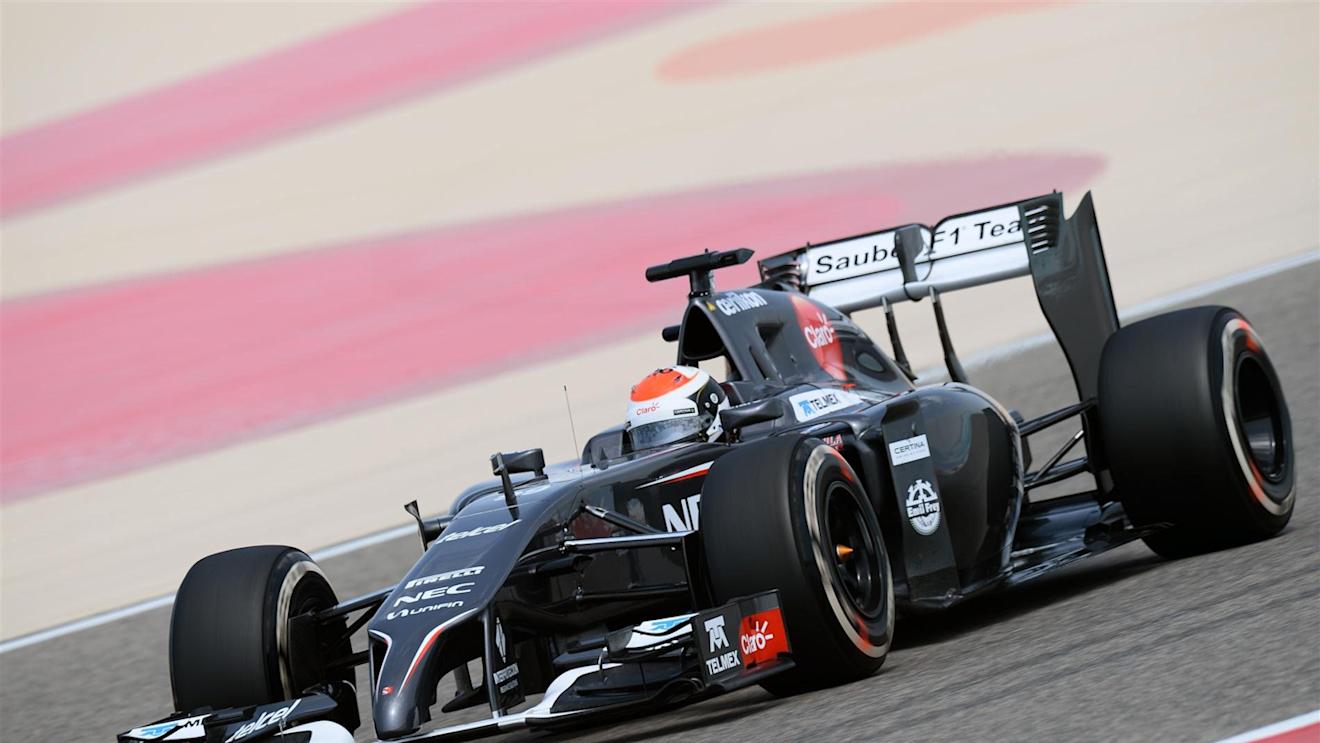
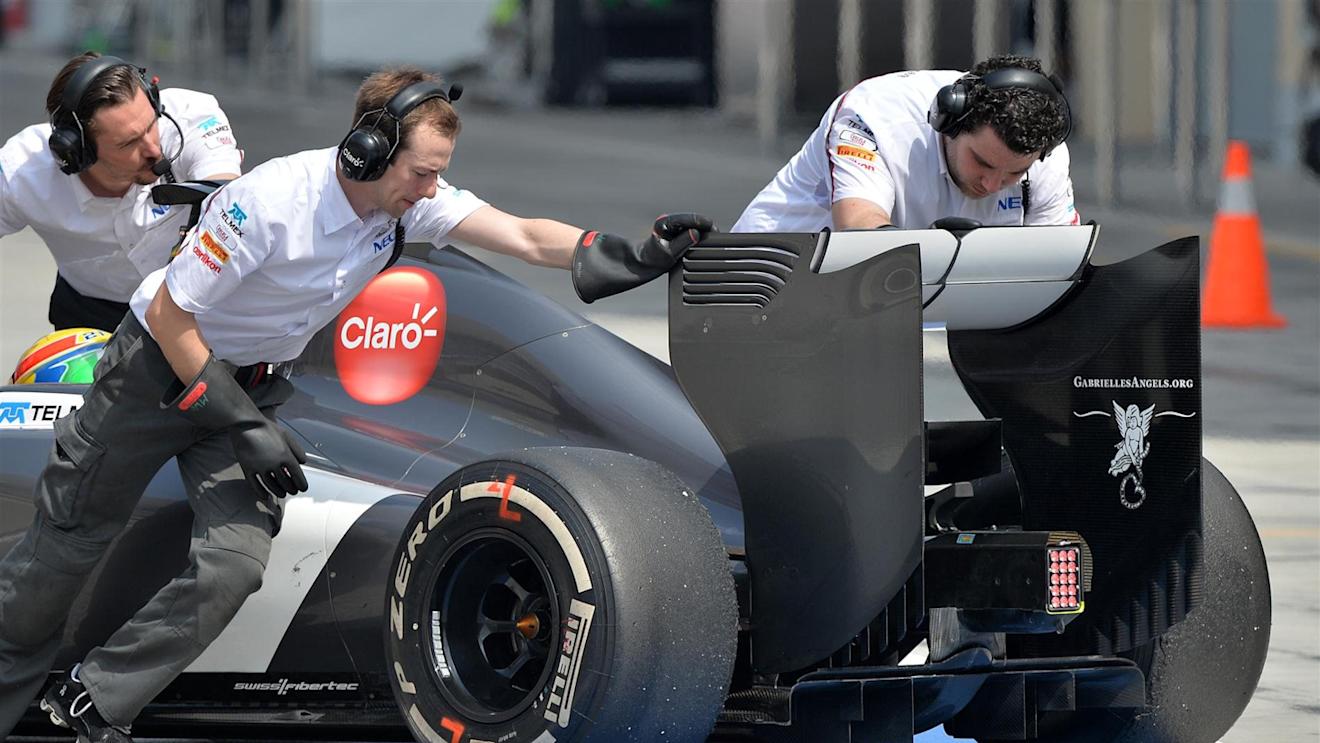
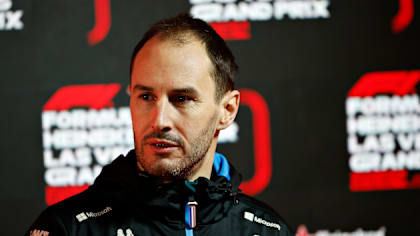
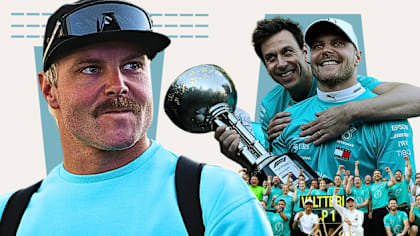
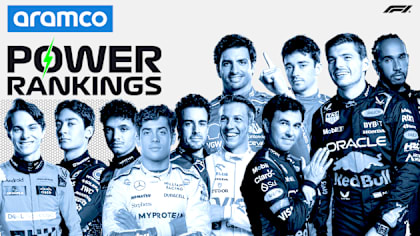
/Formula%201%20header%20template%20-%202024-12-20T122157.705)